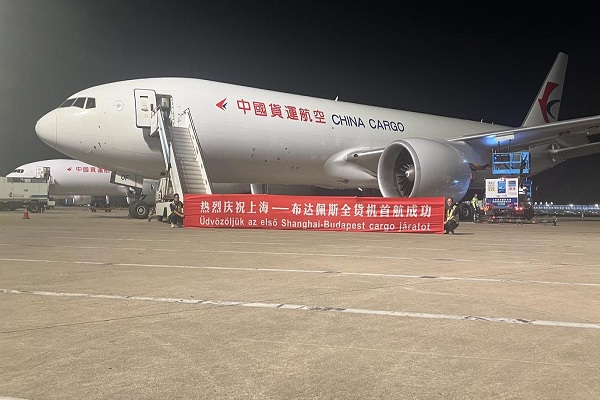The city that is more than just a metropolis of modernity
Greater engagement
"Compared with reading books or watching documentaries, tourism \r\noffers a more engaging way for residents to learn about history," Su \r\nsaid.
He pointed out that tourism resources in each district have their own\r\n characteristics. For example, sites in Yangpu district in the north, \r\nwhere docks and factories were once situated, offer a glimpse into \r\nmovements initiated by workers.
By contrast, Huangpu district, where the Party's founding members \r\nlived and worked, is an ideal place to explore the history of the \r\nParty's founding and its initial development.
"Historic resources have been born out of, and closely integrated \r\nwith, local cultures," said Yao Fei, associate professor of history at \r\nShanghai Normal University.
Shikumen buildings-a style featuring Western and Chinese \r\nelements-were often used to host the CPC's revolutionary activities. \r\nThey are among the main attractions for tourists, Yao added.
"Cooperation between Shanghai and other cities in the Yangtze River \r\nDelta should be fostered to gather resources because many founding \r\nmembers of the Party came from the delta. It will become an important \r\ntourism asset for the region," he said.
To promote these sites, an official online map developed by the \r\ngovernment last year shines a spotlight on 99 venues in the city and \r\noffers information related to their history and architecture.
Many sites have introduced new offerings to enhance the visitor \r\nexperience. For example, the Memorial of the Site of the Fourth National\r\n Congress of the Communist Party of China in Hongkou district uses \r\nholography to present a scene in which Party delegates are holding a \r\nconference.
In Pudong New Area's Xinchang town, the three-story building that was\r\n once used as a secret communication station for Party members allows \r\nvisitors to role-play as revolutionaries and experience movie-like \r\nscenes.
Interpreters at some sites have also tailored their interaction with visitors based on demographics.
"For foreign audiences, for example, we get to know their \r\nnationalities and professional backgrounds so we can highlight the key \r\npoints they may be familiar with," said Li Xintong, an interpreter with \r\nthe communications and education department at the Site of the First \r\nNational Congress of the Communist Party of China.
"We also use simple words and games to pique the interest of children\r\n and offer them a platform to use their imaginations. We hope the kids \r\nwill love their hometown more after the visit."

